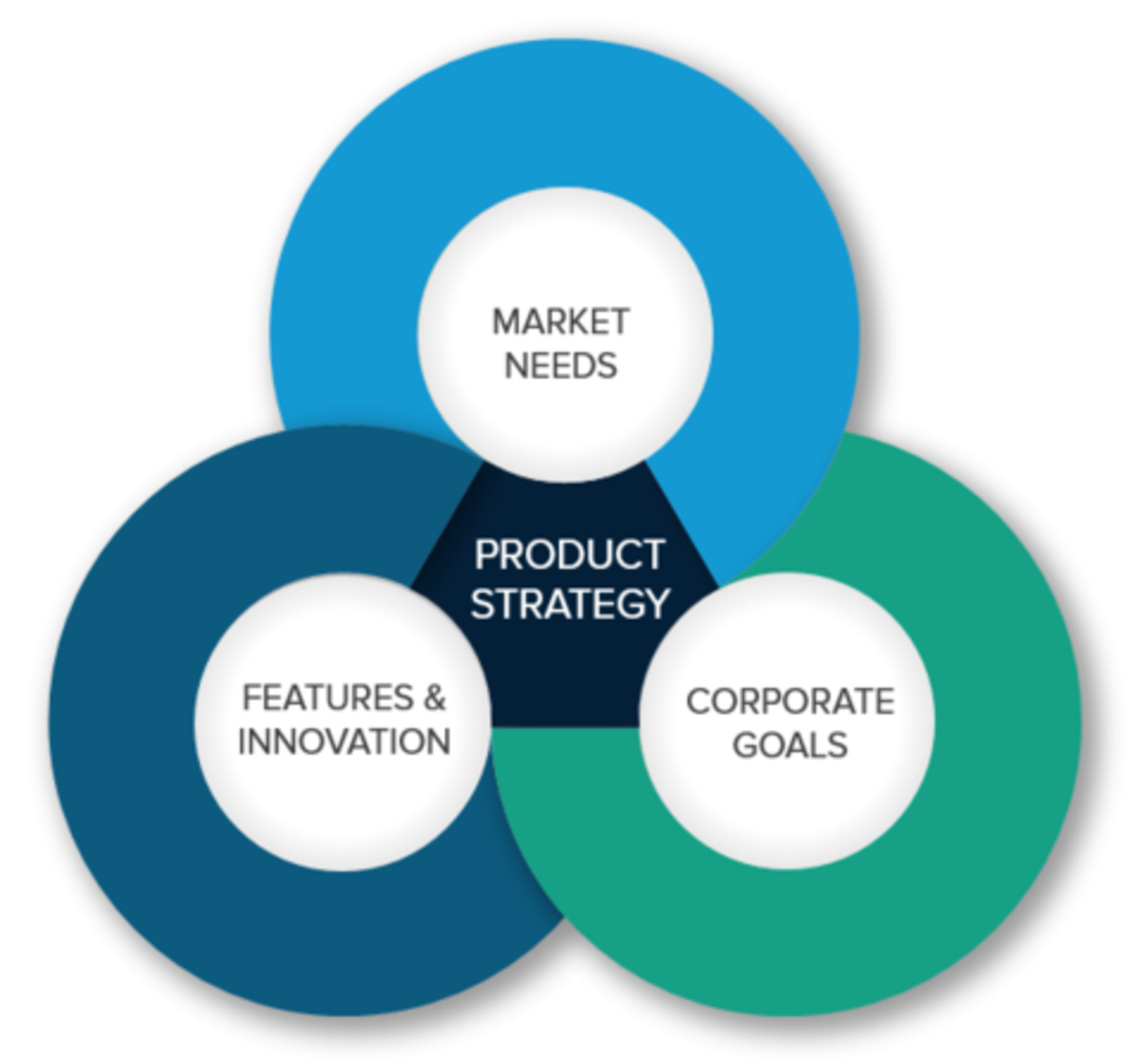A Guide on Starting MSME in India - Part III
How to find a suitable project or business idea?
The birth of a new enterprise is in fact, similar to the birth of a child. The entrepreneur is both the mother and midwife and has to bear the initial botheration of upbringing of the child. Inspite of all the care provided by the entrepreneur, infant mortality is fairly high in the small and medium business world. The first and the foremost problem of an entrepreneur is to find out a suitable business.Every successful business starts with a great idea, but not all great ideas result in a successful business.
- A good business idea could be an invention, a new product or service, or an original idea or solution to an everyday problem.
- Get the most out of on your own experience. Whether you're an expert in a specific industry or a hobbyist, create good ideas with great chances. It might also be an interest or hobby that you can turn into a business.
- Consider all your ideas and those of friends and family carefully. Don't dismiss suggestions too quickly; your best idea might be your least likely one.
- Examining possibilities of anciliarisation to large scale industry.
- Find out what people want and find a way to give it to them. Do what consumers need.
- The best ideas aren't always new ideas. Examine existing businesses that you admire and brainstorm concepts to improve them. It might be a gap in the market that you can fill.
- Consider purchasing a franchise or an existing business or a sick unit.
- Observe existing business houses, products and markets. Identify the opportunity to provide the raw materials they use or the materials which are rare or that could be supplied at much cheaper rates or made available locally might pave way for a new business.
- Observing the business expansion plans of existing business may provide a business idea.
- Advice from professionals, consultants, dealers, commercial agencies, auditors, etc may give a new project idea.
- The list of industries and the list of items reserved exclusively for the tiny, small and medium enterprise sector will also give an indication of the potential available.
- A close scrutiny of Industrial Potential surveys and reports, Export –import reports, industrial publications, trade magazines, bulletins of research institutes, success stories of entrepreneurs, and industry oriented trade fairs and exhibitions and advertisements are very fertile source of information for the development of new business idea.
- Government policies and regulations can also help the entrepreneur in taking the decision.
- Attending entrepreneurial programmes by banks, industrial and technical consultancy organisations, small industries service institute, district industries centres also provide guidance to potential entrepreneurs.
- Organisations like National Research Development Organisation (NRDO), Council for Scientific and Industrial Research (CSIR), National Research Development Corporation (NRDC), Central Food Technological Research Institute (CFTRI), Central Leather Research Institute ,Central Electro Chemical Research Institute (CECRI), Electronics Research and Development Centre (ER & DC), Central Mechanical Engineering Research Institute, National Small Industries Extension Training Institute (NSIET), National Institute for Entrepreneurship and Small Business Development (NIESBUD), SIDO,NSIC, etc also provide project ideas.
The right business for you will be in an industry and a market where there is room for you, avoid pursuing a business that is already saturated with competition. Whatever your idea is, you need to be sure that it fits with your needs as an individual, as well as being a viable business proposition.
Project formulation is the systematic development of a project idea. It involves a detailed investigation and development of the project idea. It consists of the feasibility study, techno- economic analysis, financial analysis, project design and network analysis, and project appraisal.
Starting out small and analyzing your local market is smart business. You aren’t going to immediately start selling your product to the entire country, so there is no need to analyze their needs. Start out by analyzing the customers in your local area, and let them be the target of your marketing plan.
The two major things you need to bring into focus during your market research are:
- Understanding who your customers are: demographics, needs, patterns and preferences, and how to reach them
- Understanding who your competitors are: products offered, strengths and weaknesses, and market share owned
- By understanding your customers and your competitors, you will be able to tailor your product effectively to fit the needs of your target audience while not duplicating products already on the market.
Once you have identified the needs of your customer base and the weaknesses of your competitors, you may be able to find a niche for your product. Small companies generally cannot serve the needs of an entire market. By specializing your product, however, to fit a small group of needs, you can play a role in a niche market, catering exclusively to customers with specific needs and dominating market share in that category. For example, you want to start a company that makes laundry detergent. You can’t possibly overtake some of the major name brands and there is no room for another generic product. Instead, you make a special detergent designed specifically for people with a certain allergy triggered by most detergents. By catering to this group, you pull them away from other detergents on the market and become the exclusive provider of allergy-free detergents or organic detergents. You have created a niche market.
Creating a niche market eliminates direct competitors by targeting specific customers with a product geared entirely toward their needs. By organizing the information from your customer research and competitor research, you can identify overlaps, gaps, and needs that are not being met. Creativity and innovation can help you identify your niche and design a product to fit your target audience. A word of caution about creating a niche market—sometimes entrepreneurs can get so caught up in creating a tiny niche market that they eliminate their entire customer base.
A marketing plan is critical to entrepreneurial success because it tells you who you need to reach and how you are going to reach them. Without customers, you have no business. Your marketing plan will become part of your overall business plan that you present to lenders and investors.






